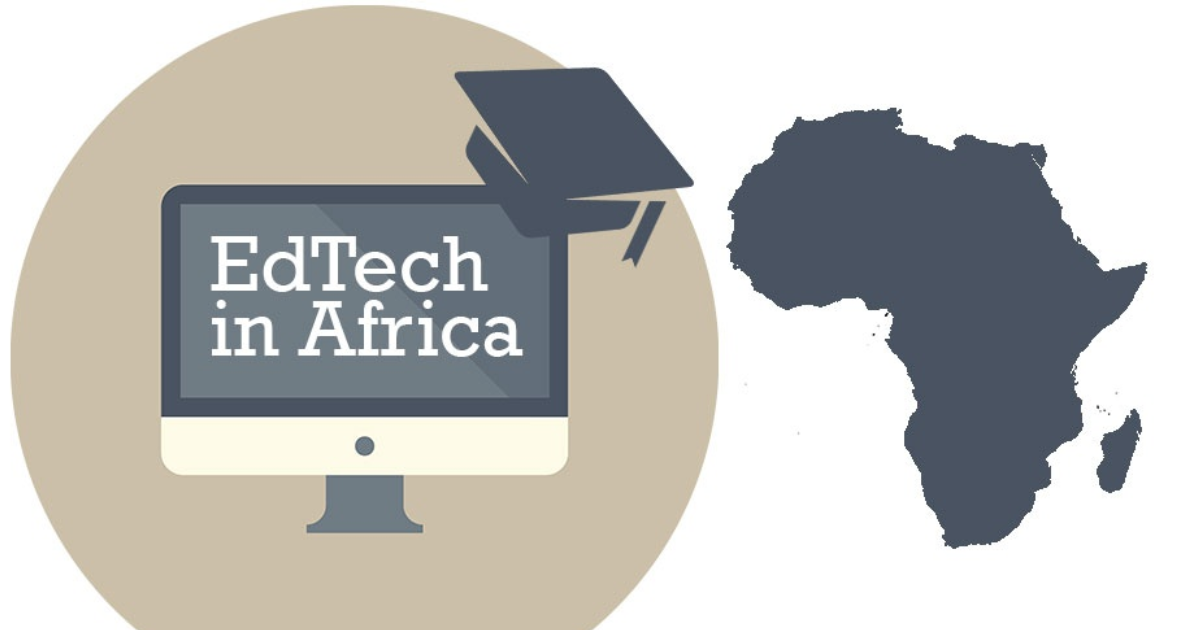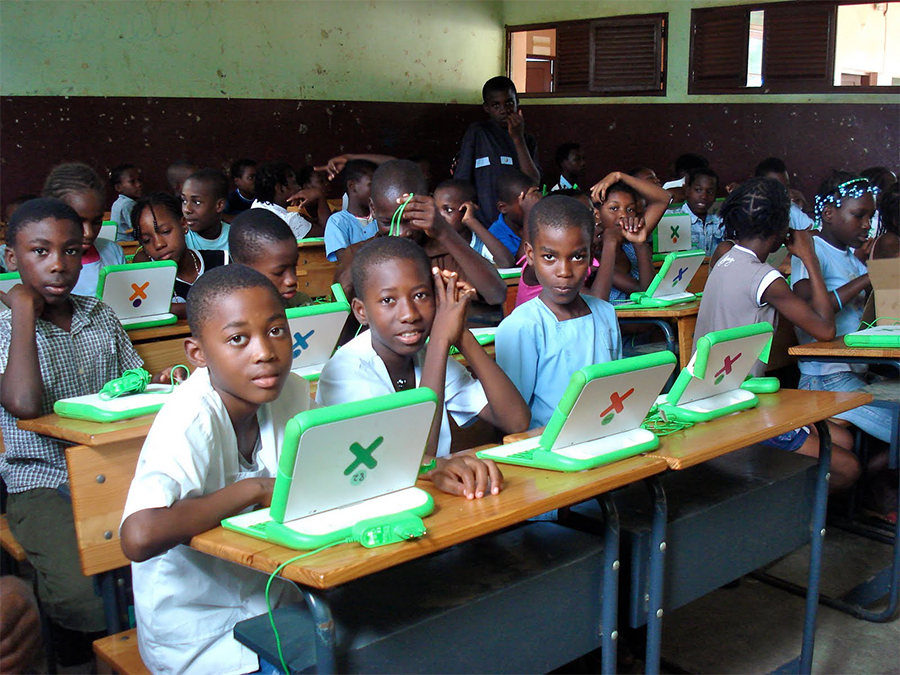Leveraging Edtech to Eradicate Mass Illiteracy in Africa

According to a 2019 Statista report, approximately 34.7 percent of Sub-Saharan Africans are illiterate. The adult illiteracy rate is the percentage of people aged 15 and up who are unable to read or write. After more than sixty years of independence, such a sad reality and mass ignorance have continued to perpetuate themselves against the continent’s quest for development. However, edtech, a technology-based system that encompasses computer-based training, online learning, and other innovative and advanced tools to provide educational services which are currently making waves across the continent, is providing a glimmer of hope for correcting this anomaly if African leaders will embrace this trend wholeheartedly to address the continent’s educational deficit.
Africa is the continent with the world’s youngest population. As of 2021, approximately 40% of the population is 15 years or younger, compared to a global average of 26%, with approximately 226 million young people between the ages of 15 and 24 living in Africa, representing nearly 20% of Africa’s population and one-fifth of the world’s youth. Over the years, educating Africa’s youth is a major priority for all countries and has remained a major challenge for successive governments.
According to Statista, the number of out-of-school children in Sub-Saharan Africa increased by 0.9 million (+2.48%) to 37.14 million in 2020. Per the UNESCO data, only 58 percent of children in Sub-Saharan Africa complete primary school, and less than half of those students achieve a minimum proficiency level in reading.
These are very troubling statistics that required genuine commitment rather than rhetoric to correct. Although evidence on how to most effectively expand access and increase learning has increased over the last two decades, actual changes in access and learning have improved. Regardless, several African edtech entrepreneurs are now churning out innovative solutions to close the gap.

Achieving Mass Literacy Rate through Tech
Interestingly, the African education technology sector which raised about 7% of the approximately $3 billion raised in the first six months of 2022 is tipped by Jacobs Foundation, citing analysts’ projection that the African edtech market, currently valued at $1.5 billion, will exceed $10 billion by 2026.
Within the last few years, the concept of traditional education has shifted dramatically. Being physically present in a classroom is no longer the only way to learn — not with the rise of the internet and new technologies, at any rate. Nowadays, as long as you can get online, you can get a quality education whenever and wherever you want.
Many students have found edtech to be valid and useful. Online education is a sensible choice for governments across the continent to adopt to drive mass literacy, and for it to thrive, the government must partner with edtech startups across the continent to address the issue of low internet penetration, lack of access to smart devices, high internet costs, and low computer literacy.
The online environment provides unprecedented opportunities for people who would otherwise have limited access to education, as well as a new paradigm for educators, allowing for the development of dynamic courses of the highest quality.
Also, the primary benefit of asynchronous online learning is that it allows students to participate in high-quality learning situations when distance and scheduling make on-site learning difficult to impossible. Students can join classes from anywhere in the world as long as they have a computer and an internet connection. Furthermore, edtech gives physically challenged people (students and teachers) the freedom to participate in class.
More Benefits of Edtech

There are infinite skills and subjects to teach and learn in a space as vast as the internet. The online format allows for dynamic interaction between the instructor and students, as well as among students. Resources and ideas are shared, and the learning process generates continuous synergy. Furthermore, online education allows the teacher and the student to set their own learning pace, as well as the added flexibility of creating a schedule that fits everyone’s schedule. As a result, using an online educational platform allows for a better work-study balance.
Tutors can also incorporate other formats such as forums or discussions to improve their lessons, as there is frequent access to very diverse material such as videos, photos, and eBooks online. And these additional contents are accessible at any time and from any location, providing students with a more dynamic and tailored education.
Most importantly, learners have some level of anonymity in an online environment. As discriminating factors, age, family background, religion, dress, physical appearance, disabilities, tribe, and gender are mostly absent. Instead, the emphasis is clearly on the discussion’s content and the individual’s ability to respond to and contribute to the material at hand thoughtfully and intelligently.
Conclusively, to tackle the issues of a high number of out-of-school children, mass illiteracy, and, poor education standard in Africa, there is a need for corroborative efforts among the respective governments in Africa and the edtech entrepreneurs, particularly in terms of the provision of policy framework, improved infrastructure and an overall conducive environment for educational technology business to thrive on the continent.
